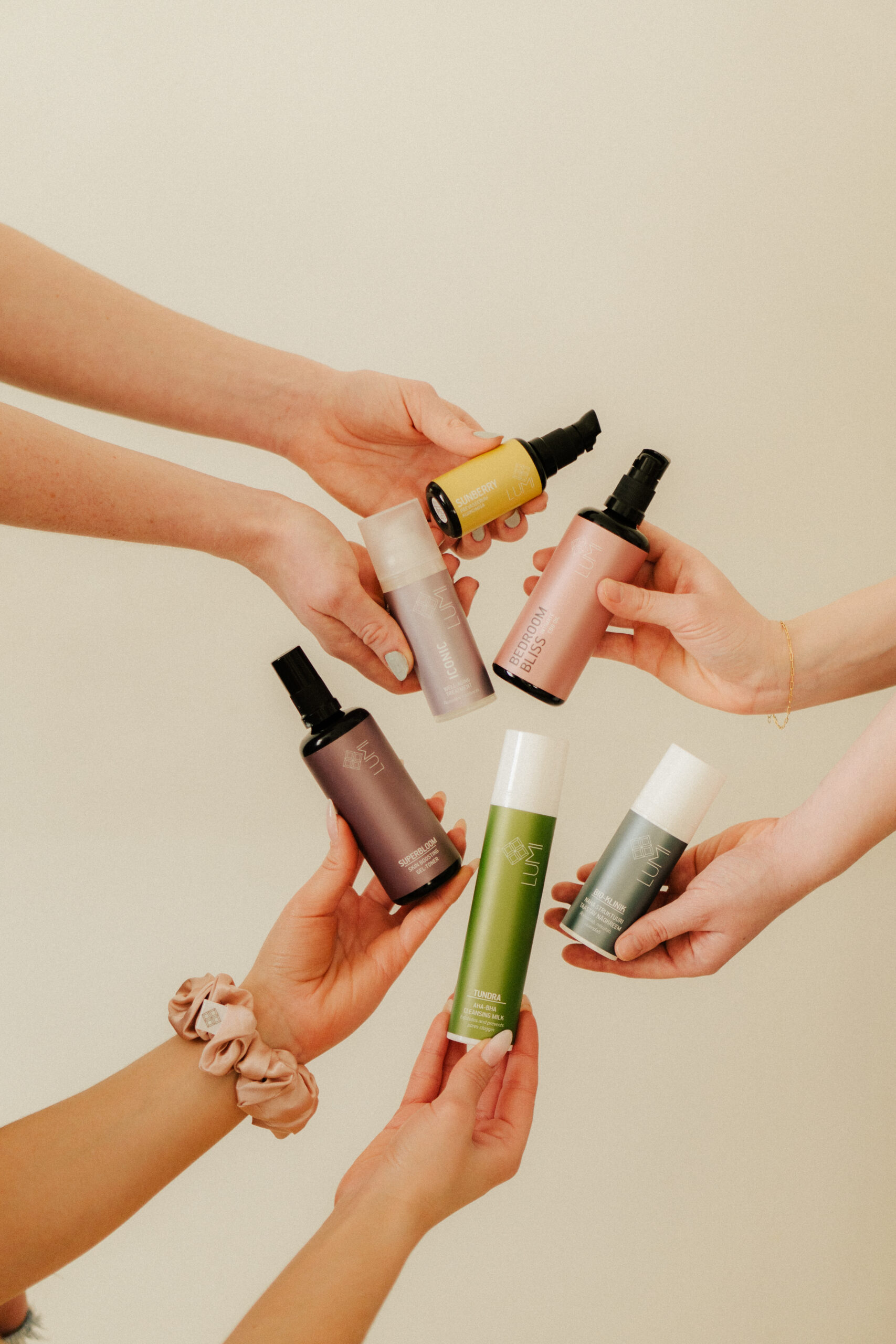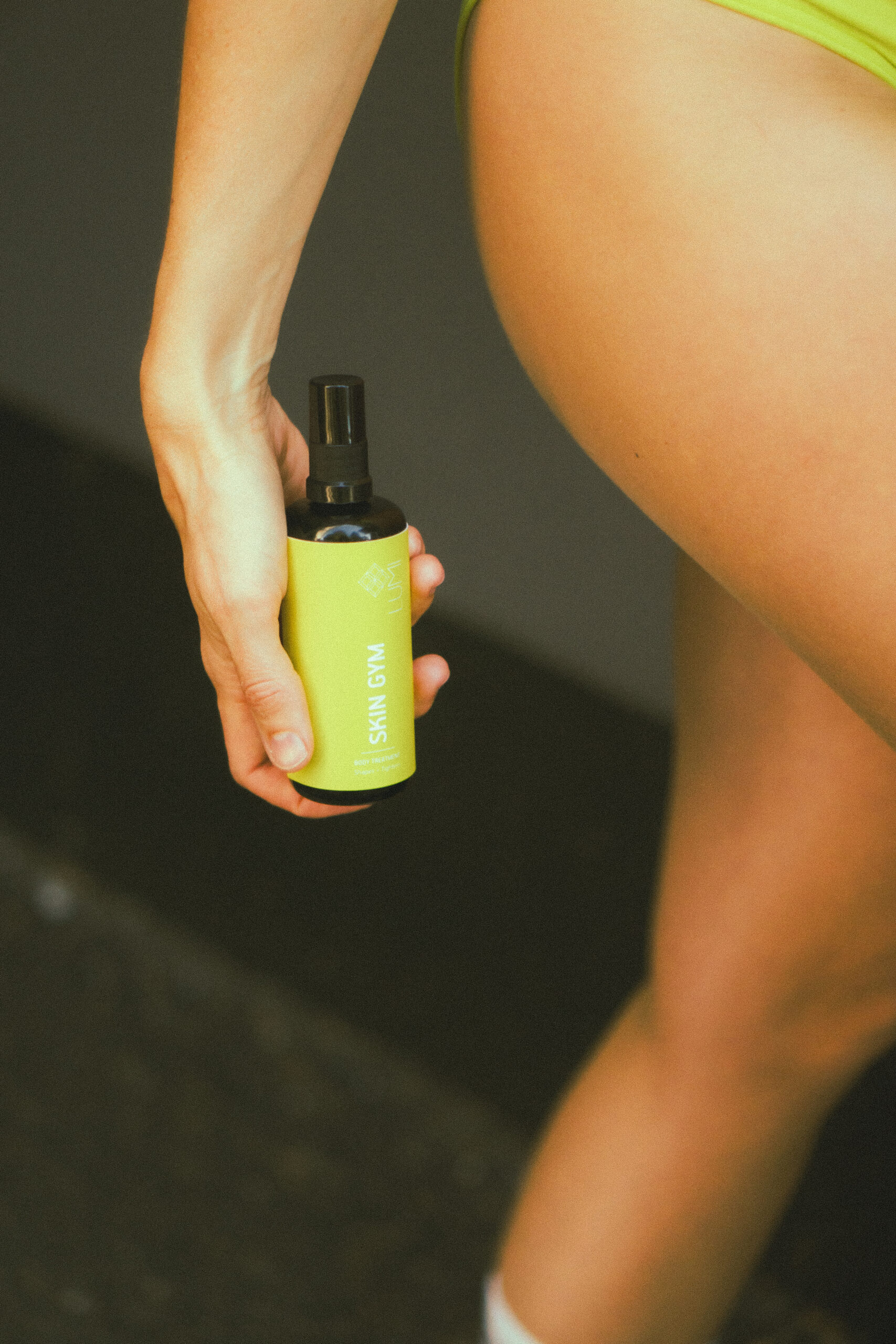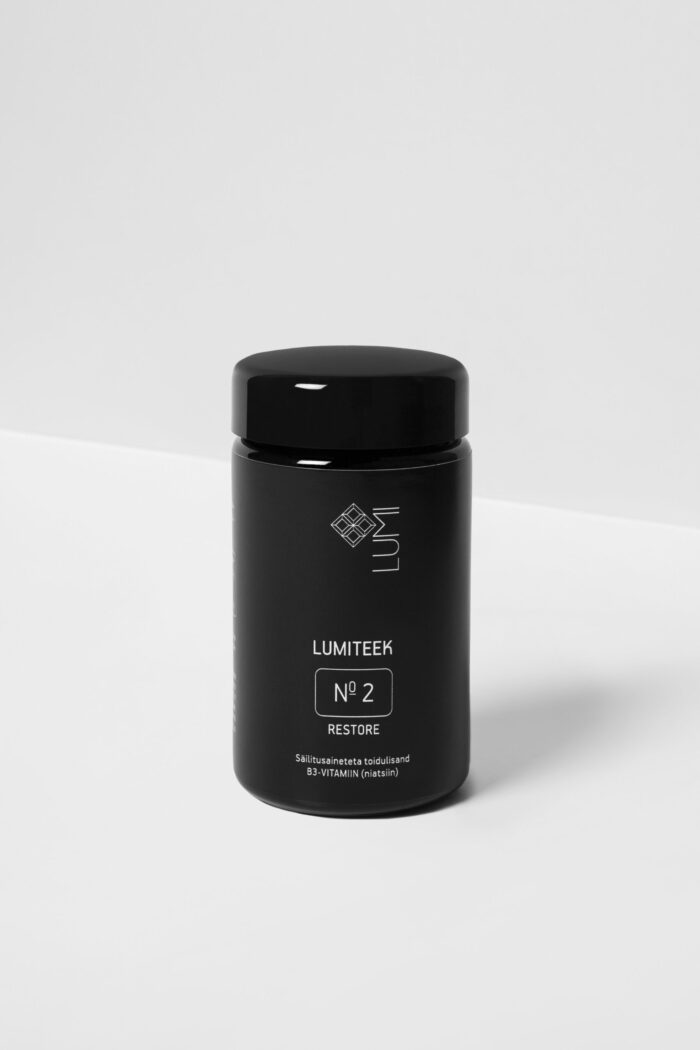ZINC – YOUR SKIN’S 24-HOUR REPAIR TECHNICIAN
Our bodies are constantly sending us signals. You might ignore these warnings, passing them off as your own individual quirks. But if you start to research these symptoms, which by themselves seem so disparate, you may find that all signs lead to a deficiency in one specific substance – zinc!
If you have noticed tiny white spots on your nails, excessive hair loss, constant diarrhoea, wounds that heal slowly, eyes that do not adapt to darkness, and skin constantly irritated by reddened patches of dermatitis or acne, then your body may be signalling to you that you have a zinc deficiency.
According to the World Health Organization (WHO), about 30% of the world’s population is zinc deficient.
The most common cause of zinc deficiency is chemical farming, which depletes the natural zinc content of crops, and subsequently the food we eat. Zinc deficiencies can also be caused by the use of certain medications, malabsorption (a digestive disorder that prevents the absorption of nutrients), and an imbalanced diet. Since excess zinc is not stored in our body, it is important to regularly consume foods that are high in zinc or take zinc supplements.
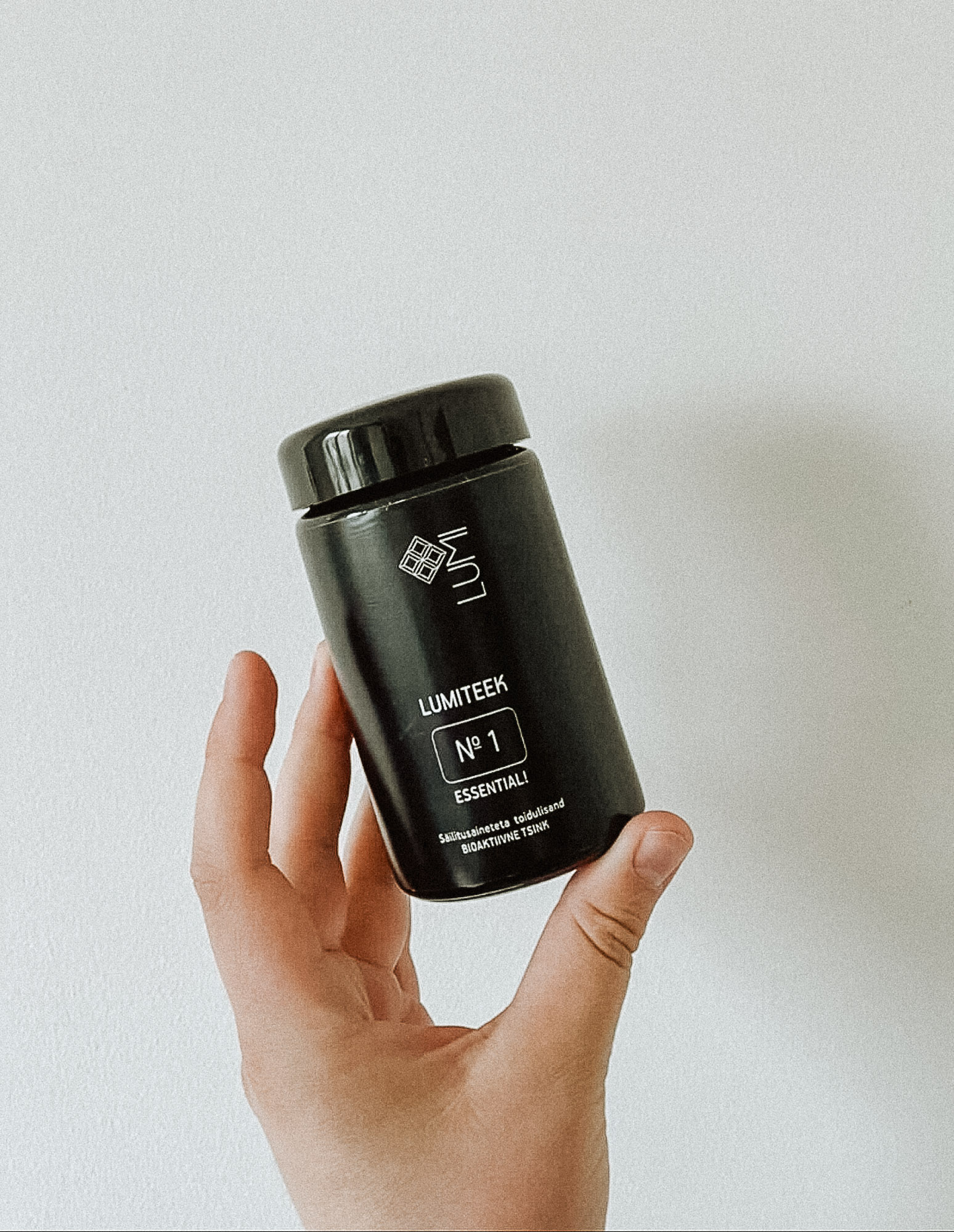
Zinc is the most abundant intracellular metal in the body after iron. It is found everywhere in the body, with 85% stored in muscles and bones, 11% in the skin and liver, and the rest in other bodily tissues.
Our greatest physiological need for zinc occurs as we go through puberty, coinciding with a period of rapid bone growth. Newborn infants, children, pregnant and lactating women, and the elderly also need more zinc. Regular alcohol drinkers, vegans, and those suffering from leaky gut syndrome all have a heightened risk of having a zinc deficiency.
Symptoms of a zinc deficiency may include:
- Loss of appetite
- Irritability
- General hair loss
- Rough and dry skin
- Slow wound healing
- Poor sense of taste and smell
- Diarrhoea and nausea
Zinc rich foods include:
- Red meat and poultry.
- Beans, nuts, and whole grains.
- Dairy products such as yoghurt, milk and cheese.
- Seafood such as crab, lobster and oysters – in fact, oysters contain more zinc per serving than any other food!
Zinc absorption occurs in the duodenum (the first part of the small intestine, connected to the stomach). Citric acid increases zinc absorption, whilst iron, fibre and phytic acid have the opposite effect.
Zinc and skin
The skin is our largest organ and has a huge physiological need for nutrients. Our bodies constantly repair and renew skin, and it is vital to understand the importance of nutrition when it comes to overall skin health. If you want healthy skin, you must nourish and protect it – from outside and in!
Zinc is an important trace element that is necessary for skin to function normally. It is vital for cell renewal, collagen formation, and wound and tissue repair. Zinc is also an important antioxidant.
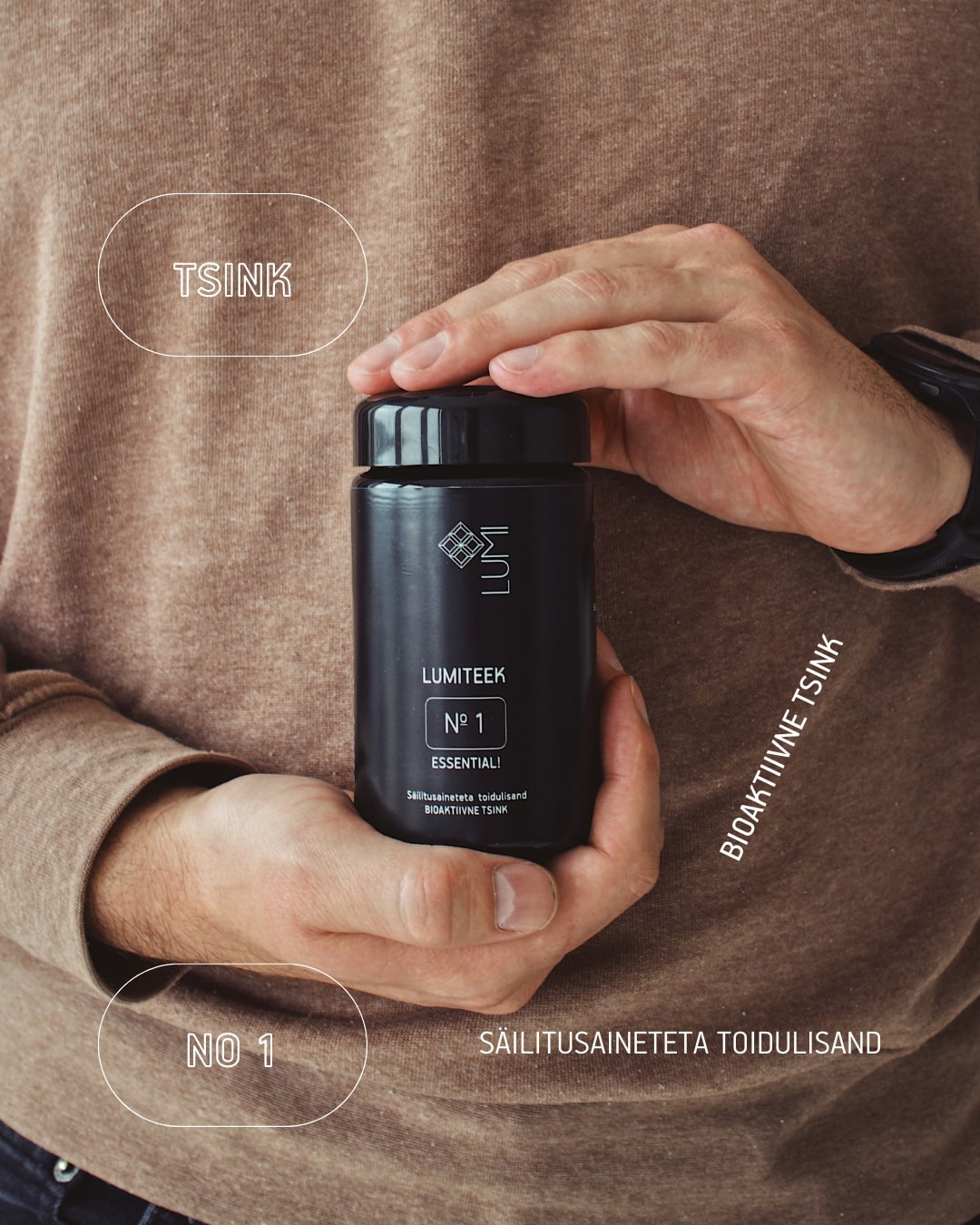
Even a mild zinc deficiency can impair collagen production, fatty acid metabolism (including Omega-3), and wound healing.
Zinc is necessary for the formation of keratin and the skin’s structural protein, collagen. Collagen in the skin is produced by zinc-dependent enzymes. Zinc is not only vital for enzymes producing skin collagen types 1 and 3, but also for collagen cross-linking, which gives the protein strength and stability.
Studies have shown that a decrease in zinc leads directly to a decrease in our bodies’ total collagen levels. Our skin contains a high content of zinc – almost 5% – which is mainly located in the epidermis. Because of this, even a slight zinc deficiency can quickly manifest itself with noticeable symptoms such as skin roughness and slow wound healing. Zinc is our skin’s 24-hour repair technician.
Zinc deficiency and skin problems
Zinc is recommended as a dietary supplement for acne, rosacea and dermatitis. This is because it reduces keratinocyte activity and our inflammatory response to bacteria, as well as strengthening immunity.
Given that the overuse of antibiotics is considered by many to be a global health emergency, the role zinc can play in addressing skincare problems should not be ignored. Studies on the combined use of zinc and vitamin B3 (nicotinamide) to treat inflammatory skin problems such as acne are particularly promising. The treatment has been shown to have an anti-inflammatory effect on the skin and a bacteriostatic effect against propionibacterium acnes, as well as reducing excessive sebum secretion.
Zinc and hormones
Zinc plays an important role in the endocrine system, supporting thyroid hormones and helping the body cope better with reactions to stress. Zinc regulates menstrual cycles in women, promotes ovulation, and can reduce premenstrual discomfort. It can also help to balance the production of sex hormones, including testosterone and prolactin. Women with polycystic ovaries (and associated hair loss), acne, or hirsutism are frequently found to be zinc deficient and can benefit from zinc supplementation.
Zinc and the human papillomavirus (HPV)
Given zinc’s abilities to facilitate immune system, tissue and wound healing, the potential effects of zinc on post-papillomavirus healing have also been studied. In April 2022, an article published in the Asian Pacific Journal of Cancer Prevention detailed a recent study where 80 women with a positive HPV PAP test and abnormal changes in cervix cells (ASCUS or LISL) were given zinc supplements for 3 months. The results of the study showed that oral zinc consumption accelerates the disappearance of the HPV virus and the healing of existing cervical lesions.
Zinc and children
A zinc deficiency can occur even in an adult with a varied diet, so it should come as no surprise to learn that children, particularly those with selective eating habits, can be susceptible to zinc deficiencies. Zinc helps children’s immune system better cope with frequent viral diseases, supports age-appropriate growth, and helps with cognitive development. Zinc can also help in combating common childhood skin problems.
The most common signs of zinc deficiency in children are:
- Low-functioning immune system and frequent upper respiratory tract infections
- Slow growth rate
- Slow cognitive development
- Poor appetite
- Diarrhoea
- Difficulty concentrating or being easily distracted
- Skin issues and slow wound healing
An individual’s daily requirement of zinc will depend on their age and body condition. It is recommended to consult your family doctor before administering food supplements to children. LUMITEEK offers zinc in the form of zinc diglycinate, which has been shown to have excellent absorption capacity. The daily dose contains 25mg of zinc. Take 1 capsule a day after a meal, as a course of 3-6 months (as needed).
